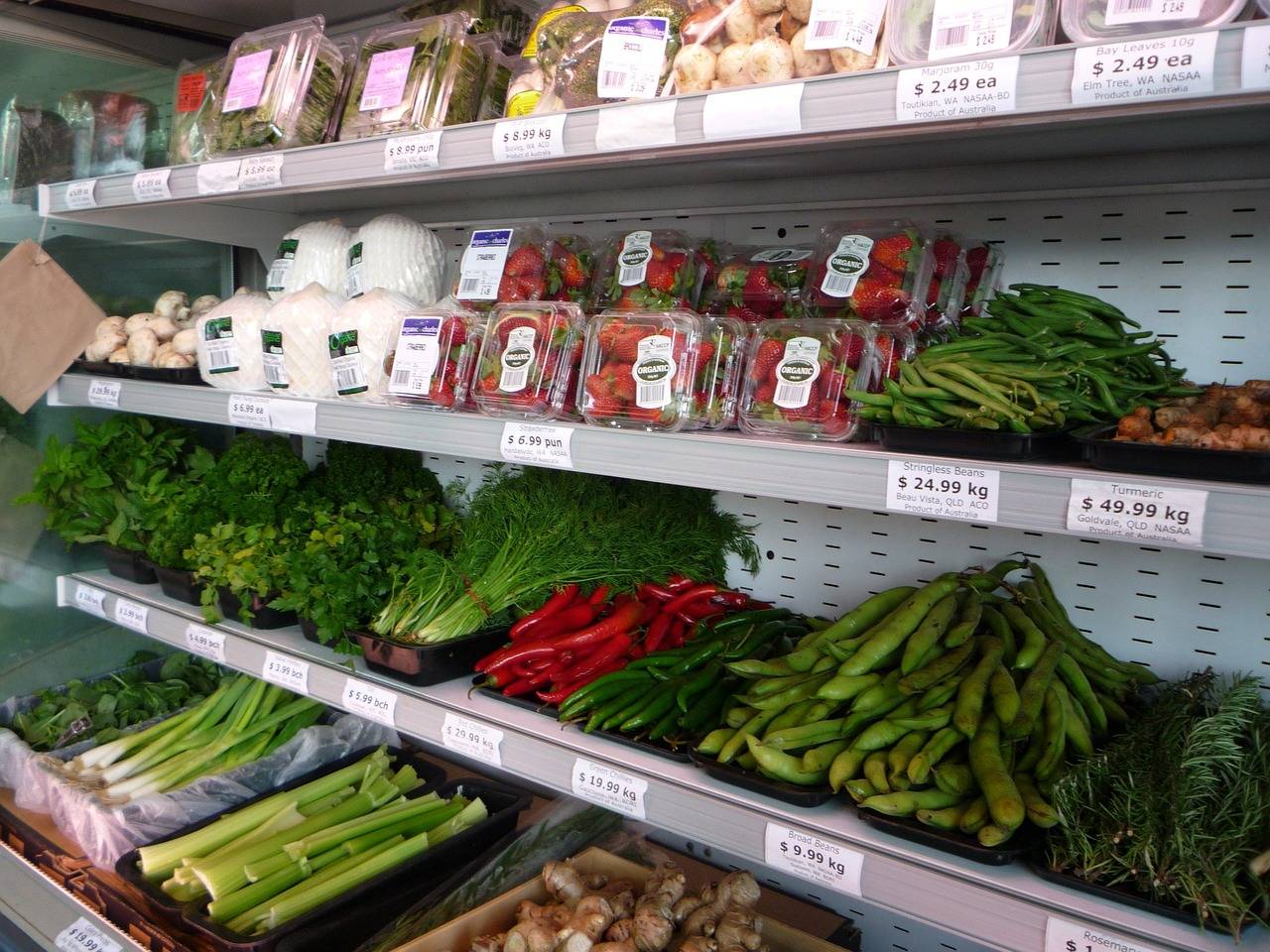How to Treat and Prevent Skin Inflammation
11xplay reddy login, reddy anna, golden 777 login:Skin inflammation is a common issue that many people face at some point in their lives. It can be caused by a variety of factors, such as allergies, irritants, infections, and autoimmune conditions. While it can be uncomfortable and unsightly, there are steps you can take to treat and prevent skin inflammation.
1. Cleanse gently: When dealing with skin inflammation, it’s important to use gentle cleansers that won’t strip the skin of its natural oils. Look for products that are fragrance-free and specifically designed for sensitive skin.
2. Moisturize regularly: Keeping your skin moisturized is crucial in preventing inflammation. Opt for a lightweight, non-comedogenic moisturizer that won’t clog your pores. Apply it liberally after cleansing to lock in moisture.
3. Avoid irritants: Pay attention to the products you use on your skin, such as makeup, skincare products, and laundry detergents. Avoid products with harsh ingredients, fragrances, and alcohol, as they can exacerbate inflammation.
4. Protect your skin from the sun: Sun exposure can worsen inflammation and cause further damage to the skin. Make sure to wear sunscreen daily, even on cloudy days, and reapply it every few hours if you’re spending time outdoors.
5. Stay hydrated: Drinking plenty of water is essential for maintaining healthy skin. Dehydration can worsen inflammation and make the skin appear dull and dry. Aim to drink at least eight glasses of water a day to keep your skin hydrated from the inside out.
6. Use topical treatments: If you’re dealing with inflamed skin, consider using over-the-counter topical treatments that contain ingredients like hydrocortisone, aloe vera, or colloidal oatmeal. These ingredients can help soothe redness, itching, and irritation.
7. Avoid hot showers: Hot water can strip the skin of its natural oils and exacerbate inflammation. Opt for lukewarm water when showering or bathing, and limit your time in the water to prevent further irritation.
8. Eat a healthy diet: What you eat can impact the health of your skin. Include plenty of fruits, vegetables, and whole grains in your diet, as they contain essential vitamins and antioxidants that can help reduce inflammation.
9. Manage stress: Stress is known to trigger inflammation in the body, including the skin. Practice stress-reducing activities, such as yoga, meditation, or deep breathing exercises, to keep your skin calm and healthy.
10. Consult a dermatologist: If you’re struggling to manage skin inflammation on your own, don’t hesitate to seek help from a dermatologist. They can provide you with personalized treatment options and advice on how to best care for your skin.
FAQs:
Q: Can certain foods trigger skin inflammation?
A: Yes, certain foods like dairy, gluten, and sugar can trigger inflammation in some people. It’s important to pay attention to how your skin reacts to different foods and make dietary changes accordingly.
Q: Is it okay to pop pimples if I have inflamed skin?
A: Popping pimples can worsen inflammation and lead to scarring. It’s best to leave them alone and let them heal on their own or seek help from a dermatologist for safe extraction.
Q: How long does it take for skin inflammation to heal?
A: The healing process can vary depending on the severity of the inflammation and your skin type. In general, it can take anywhere from a few days to a few weeks for skin inflammation to resolve completely.
In conclusion, treating and preventing skin inflammation requires a combination of gentle skincare practices, healthy habits, and possibly professional help. By following these tips and being mindful of what you expose your skin to, you can keep inflammation at bay and enjoy healthy, glowing skin.







